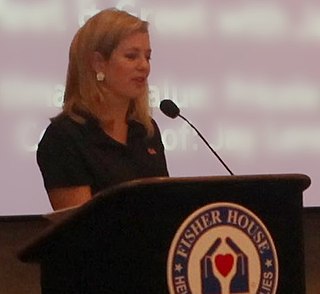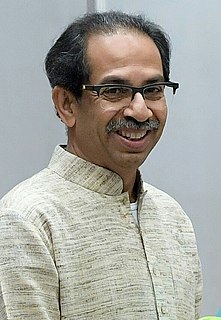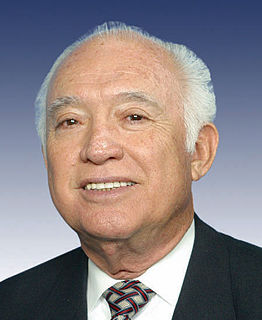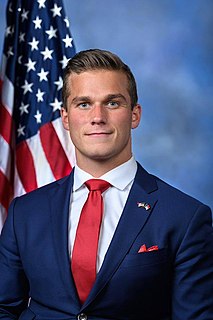A Quote by Brianna Keilar
Military families miss out on experiences that most civilian families do not: birthdays, anniversaries, vacations, funerals and even the births of their children.
Related Quotes
On Veterans Day, the country honors those in uniform and the sacrifices they have made across the globe. But as a military spouse who reports on the issues facing military families, I've learned that one of the biggest challenges is when a service member transitions out of the armed forces and into the civilian workforce.
Extended families have never been the norm in America; the highest figure for extended-family households ever recorded in Americanhistory is 20 percent. Contrary to the popular myth that industrialization destroyed "traditional" extended families, this high point occurred between 1850 and 1885, during the most intensive period of early industrialization. Many of these extended families, and most "producing" families of the time, depended on the labor of children; they were held together by dire necessity and sometimes by brute force.
These are things that we hear from military families everywhere we go. But it - on PTSD, the thing that I want to make sure people understand is that the vast majority of veterans and military families aren't dealing with any kind of mental health. But there are - these are what are called the invisible wounds of this war. And many times they don't present.





























